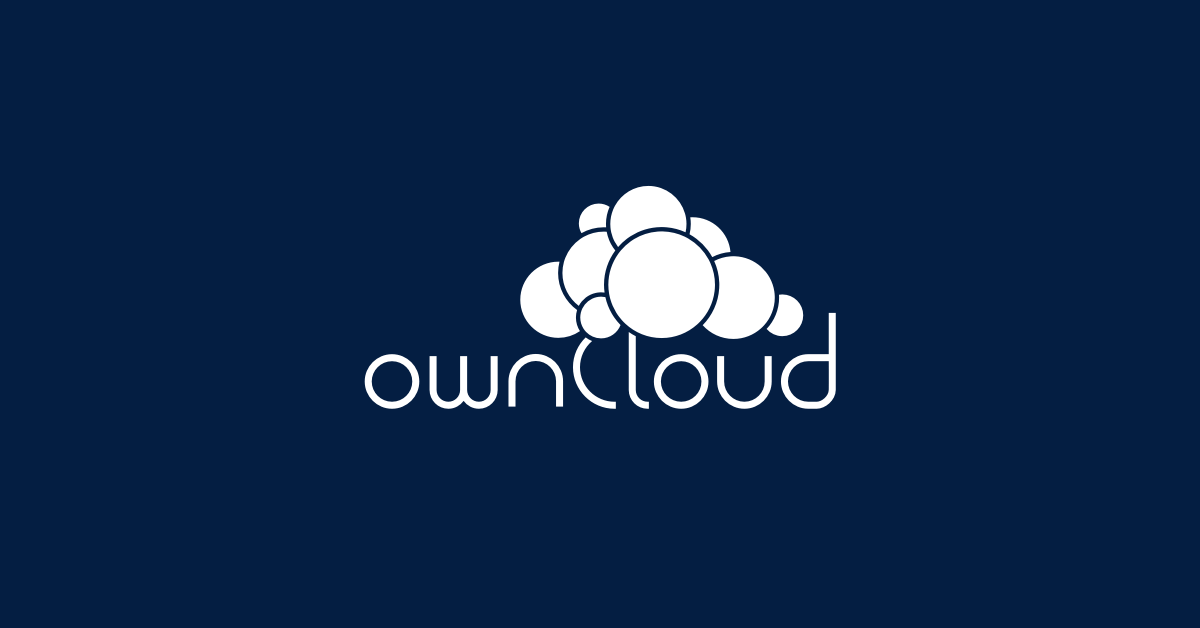

Vaultwarden itself is actually one of the easiest docker apps to deploy…if you already have the foundation of your home lab setup correctly.
The foundation has a steep learning curve.
Domain name, dynamic DNS update, port forwarding, reverse proxy. Not easy to get all this working perfectly but once it does you can use the same foundation to install any app. If you already had the foundation working, additional apps take only a few minutes.
Want ebooks? Calibre takes 10 mins. Want link archiving? Linkwarden takes 10 mins
And on and on
The foundation of your server makes a huge difference. Well worth getting it right at the start and then building on it.
I use this setup: https://youtu.be/liV3c9m_OX8
Local only websites that use https (Vaultwarden) and then external websites that also use https (jellyfin).

https://youtu.be/liV3c9m_OX8
This should help